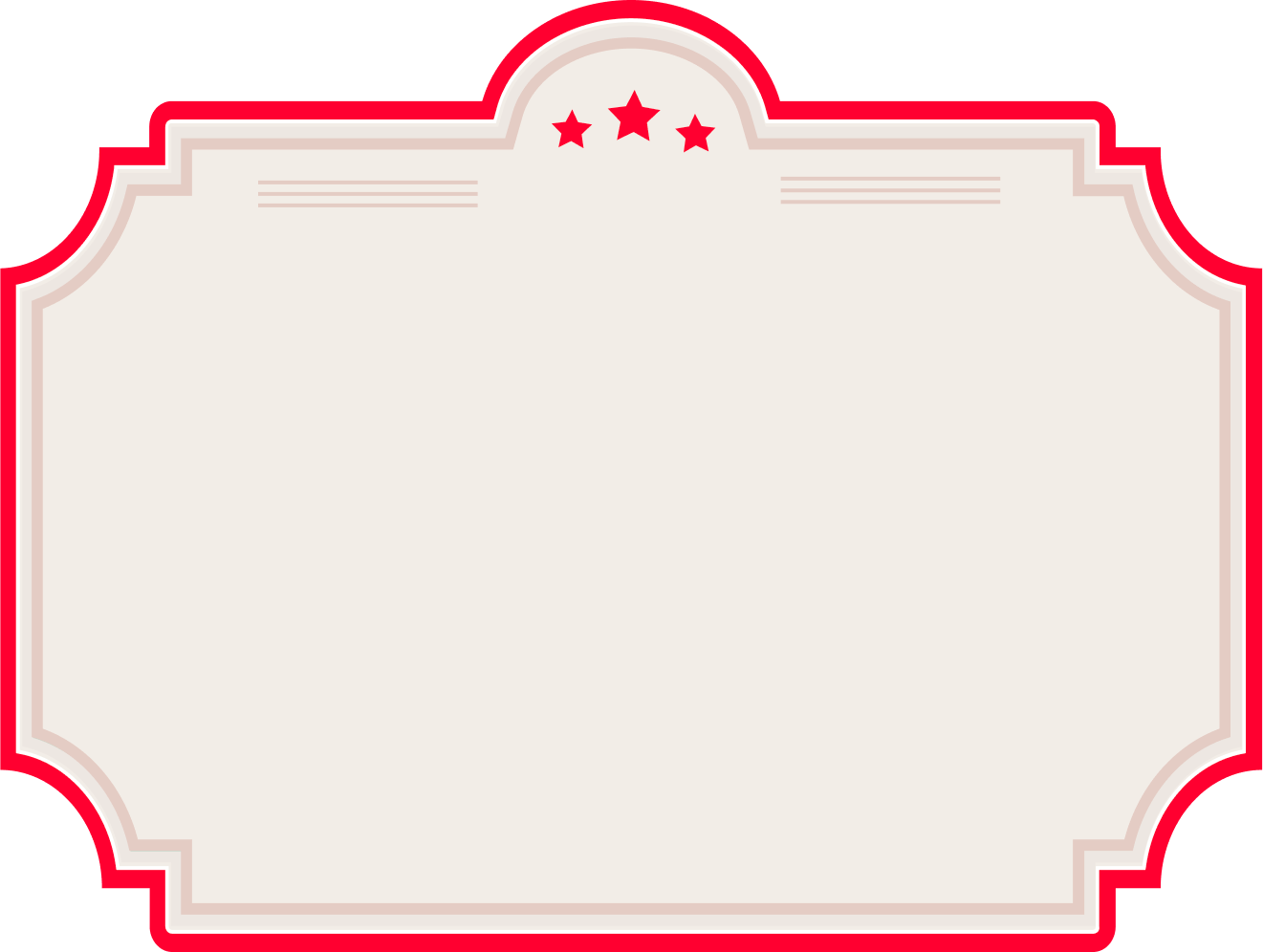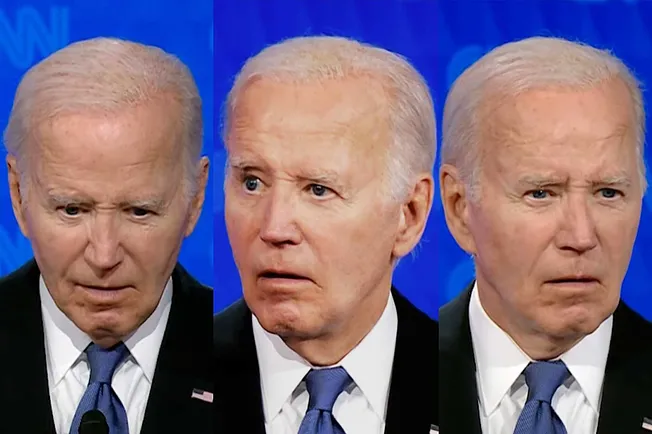Maddy Glynn wants me to feel poor. “If you’re in your 20s or 30s and you’re not making at least ten thousand dollars a month,” she starts one TikTok, “Watch this.” Maddy, who has nearly 250,000 followers on the platform, is tan, blonde, telegenic, and 24 years old, is standing in a house with bare off-white walls and a few immaculately placed houseplants, but no furniture in sight. It’s the sort of house that looks empty in an expensive way—in a way that mine does not, presumably because I have not yet taken her course in dropshipping.
I also have not taken Andrew Tate’s course in dropshipping, or Kevin David’s, or Wholesale Ted’s, or any of the hundreds of other courses in dropshipping that are bought and sold daily on the internet, marketed by flashy lifestyles, easy-listening inspirational music, ever-changing backstories, and screengrabs of charts showing hockey stick growth.
Dropshipping is simple enough. It all depends on finding a cheap product from a (typically Chinese) supplier that might go viral online, like a disposable toilet brush set, a calming pet pillow, or a pressing machine for dumplings (all items listed in a YouTube video called “Top 10 Best Dropshipping Items For December 2023 & 2024”). The dropshipper then creates a website (usually via Shopify), lists the potentially viral product for more than it’s worth, and then markets it, through both social media posts and paid digital advertising. When the dropshipper gets orders, they forward them to the supplier, who ships directly to the customer. The dropshipper pays the supplier the product’s original, wholesale price, and keeps the markup. For example, this dog pillow that went “viral” on Facebook was retailed by a dropshipper at $29.99, but cost only $7.44 on AliExpress, a major dropshipping supplier site.
All of this sounds very easy and profitable, which perhaps accounts for the massive interest dropshipping has recently seen online. TikToks with the hashtag #dropshipping have millions of views, and Google searches for the term have exploded over the past two years. Five months ago, a content creator named Jordan Brown posted his 18-hour dropshipping “Beginners Guide” to YouTube. It has over three million views.
Actually, I’ve never seen an online dropshipper who’s not selling a dropshipping course. Most famously, mega-influencer and accused human trafficker Andrew Tate offers one on his subscription-based site The Real World (formerly Hustler’s University), which he started in 2021. It is one of many get-rich schemes he promotes, along with e-commerce, crypto, stock trading, and copywriting. And like Maddy Glynn, he uses his lifestyle as an advertisement: he drives a Ferrari with hot women inside of it, smokes cigars, takes private planes, and pops bottles.
But his success didn’t come from dropshipping; he made $2 million from his kickboxing career, and he became famous by appearing on Big Brother.
None of this is to say you can’t make money from dropshipping. Globally, it’s a $287 billion enterprise, and one that’s forecasted to grow over the coming decade. But there are all sorts of things that can eat away at dropshippers’ profits. For example, Shopify, one of the most commonly used dropshipping platforms, charges sellers a flat fee of $15 to $299 per month depending on the plan selected. Plus, you’re often competing with other people selling the exact same product from the same supplier—sometimes for a marginally lower price. And unless you’re a social media influencer with a huge following, you can end up paying for advertising.
That’s why all the most successful dropshippers are the ones who sell courses in dropshipping: selling the fantasy that hawking cheap crap from China can make you uber-wealthy is more profitable than actually selling cheap crap from China.
Like better-known multilevel marketing schemes—Amway, Mary Kay, or Herbalife—dropshipping is an industry in which recruiting others into the enterprise seems more important than shifting product. Also, like MLM hucksters, dropshipping gurus deploy the same testimonial-filled tactics: I was a broke, stressed-out loser, but then I found Avon/LuLaRoe/dropshipping and built an empire. Now I am rich, and you can be too.
“Using AliExpress to dropship still works,” Nick Dahlberg tells his 43.5 Instagram followers, “IF you do this!” He then insists that “you need a private agent,” and offers to connect users with his own, who will “literally work with anyone.” He also has a dropshipping tutorial service, JungLabs, which for the price of $1 offers a “step by step” training video.
The difference between other MLMs and dropshipping is that if I take a course, the person who created it doesn’t get a cut of my sales until the end of time. But even when dropshippers are offering “free” courses, users are strongly encouraged to sign up for various selling platforms using the provided affiliate links, which can be lucrative at scale. For example, a user who opens an online store using a Shopify affiliate link can net promoters $150 a pop.
Dropshipping boils down to a pathetic enterprise: teaching people how to saddle the algorithm in order to become a glorified freelance marketer for Chinese sweatshops. That the U.S. has come to dominate the dropshipping market is a damning indictment of a nation where entrepreneurship has come to mean creating a brand instead of something useful. Globalization has flooded the market with cheap goods, making it difficult to produce things competitively in America, but because workers in developing countries are so poorly paid, anyone with a bit of start-up cash and a laptop can skim a few bucks off the difference between third-world wages and what the American consumer is willing to pay.
If the face of postindustrial America is an unemployed steelworker in Pennsylvania with an OxyContin addiction, it’s also a swagged-out Zoomer making TikToks about how dropshipping changed his life—and can change yours too.
River Page is a reporter at The Free Press. Follow him on X @river_is_nice, and read his piece “Barron Trump, American Caesar.”
To support The Free Press, subscribe today:












our Comments
Use common sense here: disagree, debate, but don't be a .